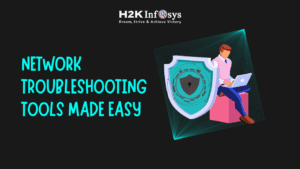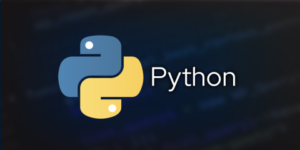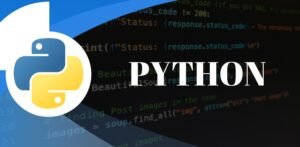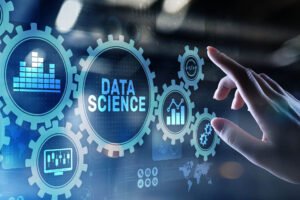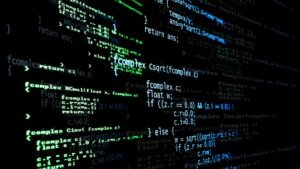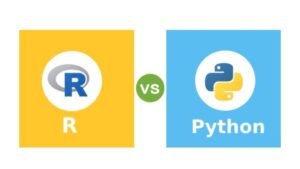The highly technical abilities linked to data and analysis required to be successful as a Hard Skills in Data Science are known as hard skills transferable to data science.
Formal training is crucial for developing hard skills. The best line of action in this case is to have a degree or certificate in data science.
Coding, data engineering, programming, and other technical and transferable data science skills, along with a number of other skills, are applied in fields outside of data science.
The likelihood of obtaining an entry-level position in data science is increased if you possess any of these transferrable hard abilities, especially if you also possess the necessary soft skills. Check our Data science online course to learn more about the hard skills needed in Data science.
The most important hard transferable skills for a job in data science are listed below:
1.Coding
To perform their jobs effectively, data scientists must be knowledgeable in a variety of coding languages. In actuality, coding may be the primary technical competency employed by data scientists.
Software engineering is a role that is distantly related to data science and uses a variety of coding languages, Python being the most popular.
Programming and engineering are also involved in coding. All of the content you see on the internet is the result of coders’ scripts.
Online certificate training programs are available for learning Python. Even so, if you have previous coding knowledge, this is a significant step toward becoming a data scientist.
2.Math and Statistics
It is doubtful that you will succeed in becoming a data scientist if you don’t have any experience working very hard to solve analytical problems. It is not necessary to have prior coding experience to have such a foundation, though.
Strong mathematical and statistical backgrounds equip people with the analytical skills that make them extremely adaptive to different types of complicated problem-solving.
In other words, a background in maths and statistics suggests a high level of critical thinking, which is essential for success in data science. Learning how to adapt to various coding systems and languages will be a piece of cake if you can memorise geometrical proofs.
This is particularly true for statistics, as one of the crucial functions of data scientists in organisations is to assist in improving their ability to solve problems and make decisions by transforming data into clear reports for their discretion.
3.Machine Learning
Whether or not anyone likes it, artificial intelligence and machine learning are a part of the future because they are current realities.
Because machine learning is integrated into the code used by data scientists, ongoing programming maintenance is not necessary because it is developing the ability to do so.
For similarly specialised activities like chess, many organisations employ machine learning to develop intelligent systems.
Because of their ability for machine learning, those with a background in computer science have transferable data science abilities.
4.Cloud computing
The act of storing data in the cloud (a collection of online storage resources) is known as cloud computing. Businesses employ cloud computing because it is frequently more affordable and secure than conventional methods of data storage. Data scientists can store, retrieve, and exchange data in the cloud. Data scientists employ their expertise to navigate their shared cyberspace because many businesses use cloud computing for their servers, storage, and databases.
5.Data visualisation tools
Data scientists integrate information and data into graphics like relationship maps, 3D plots, bar charts, histograms, line plots, and pie charts using data visualisation tools. They might develop these resources to aid in better understanding their own data report from a different angle or to deliver information to partners who have asked for data-related insights. Data scientists can more easily spot trends, patterns, and outliers in a set of data thanks to data visualisation tools.
Why Transferable Skills Matter
The first step to becoming a data scientist is to have transferable data science skills from past occupations and experiences. These skills might range from being able to communicate well to knowing how to adapt to multiple coding languages.
However, having transferable skills is often crucial for job searchers.
Assuming, for example, that one’s employment is permanent and always secure is not a good idea because it might induce you to live beyond your means, which is one of the main reasons for homelessness when a layoff shattering the assumption occurs.
Similar to this, stimulating intellectual curiosity could require more than just one job in one industry. Although it is one advantage of thinking about data science, some job searchers like to grow to the point where they are free to make any lateral move they desire.
Following your instincts is an important part of what a profession should entail; the more transferrable talents you possess, the more freedom you will have to do so.
In the same way that one cannot follow an instinct to become an entrepreneur if they do not have the necessary networks to launch a firm, one cannot follow an instinct to become a data scientist if they do not possess the hard and soft skills required to do so, even if they have no formal training in the field.
Conclusion
If you lack these skills, starting a data science program is the best way to obtain them. Check out the online Data science training to begin.



